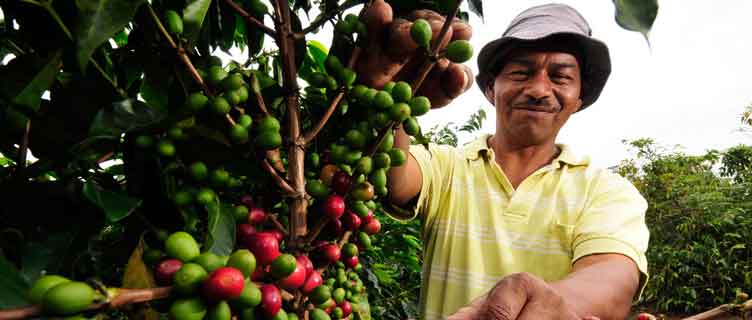RESEARCH THEMES
RESEARCH Streams
SHORTCUTS
Want to know more about our research? Click here!
INTERDISCIPLINARY COURSES
Stockholm Resilience Centre offers interdisciplinary courses on first (Undergraduate), second (Master's) and third (PhD) levels of University education. Want to know more about our courses? Click here!
POLICY and Practice
Our engagement in science-policy-practice activities has increased steadily over the years and range from high-level UN dialogues to local resilience assessments. Want to know more about our policy work? Click here!

Development programmes
Post-2015: the new research agenda of UNESCO’s Man and the Biosphere Programme
Seminar with Han Qunli, UNESCO, Thursday 24 April, 11.00-12.00
Development programmes
Post-2015: the new research agenda of UNESCO’s Man and the Biosphere Programme
Seminar with Han Qunli, UNESCO, Thursday 24 April, 11.00-12.00
Established in 1971, UNESCO’s Man and the Biosphere programme (MAB) has evolved from an ecology-based scientific programme into a strong interdisciplinary scientific programme for sustainable development. The World Network of Biosphere Reserves (WNBR), which developed from one of the 14 early MAB research themes, now has members from 621 managed ecosystems from 117 countries and provides a unique framework for biodiversity conservation, cultural diversity, scientific research and development of local sustainable development programmes.
The WNBR offers an important connection between the global sustainable development agenda and specific and dynamic national and local contexts. With 2015 approaching, extensive discussions take place about a new agenda for cooperation based on the post 2015 agenda and the Sustainable Development Goals. In response to this, the MAB Council decided in 2013 to start the development of a new strategy for MAB and its World Network of Biosphere Reserves (WNBR).
A central issue is to develop a research agenda for MAB which would give MAB and its WNBR a central role in the new international cooperation agenda. Within such agenda, issues concerning ecosystem rehabilitation and recovery, climate effect mitigation and adaptation, conservation for peace, future conservation regimes and development of inclusive green societies are particular relevant.
About Han Qunli
Mr. Han Qunli is the Director of Executive Office of UNESCO’s Natural Sciences Sector. He headed UNESCO Tehran cluster Office (Afghanistan, Iran, Pakistan and Turkmenistan) between 2007-2011. From 1998 to 2007, Mr. Han served at the Asia-Pacific Regional Science Bureau in Jakarta as senior programme specialist for environmental sciences, in particular Man and the Biosphere (MAB) programme and its regional networks, as well as natural World Heritages.
He was programme staff between 1990-1997 at the Division of Ecological Sciences and the Secretariat of MAB Programme in UNESCO Headquarters. Han Qunli graduated from the University of Science and Technology of China in 1980 (USTC) in computer sciences and was a research fellow at the Chinese Academy of Sciences (CAS) during 1980 - 1988.
Related info
11:00-12:00, Thursday 24 April 2014
Linné Hall, The Royal Swedish Academy of Sciences (KVA)
Lilla Frescativägen 4A SE-114 18 Stockholm
Download seminar invitation Pdf, 249.4 kB. (Pdf, 249.4 kB)
Pdf, 249.4 kB. (Pdf, 249.4 kB)

Stockholm Resilience Centre
Stockholm University, Kräftriket 2B
SE-10691
Phone: +46 8 674 70 70
info@stockholmresilience.su.se
Organisation number: 202100-3062
VAT No: SE202100306201



